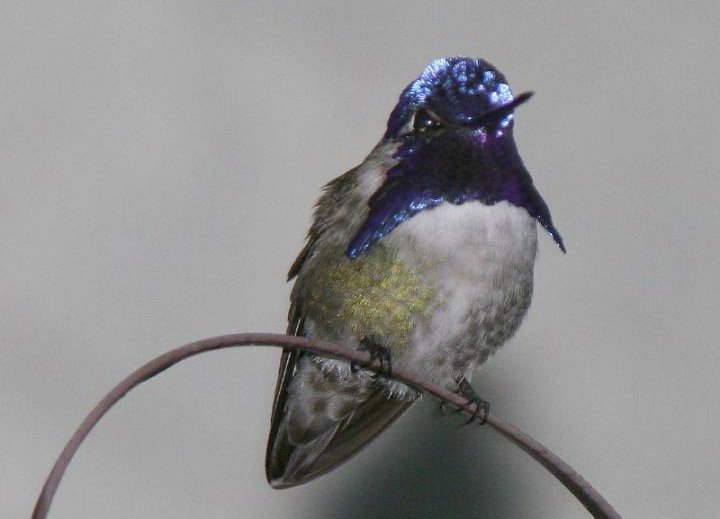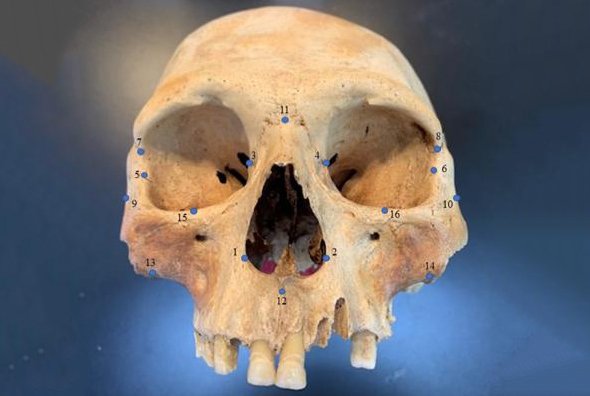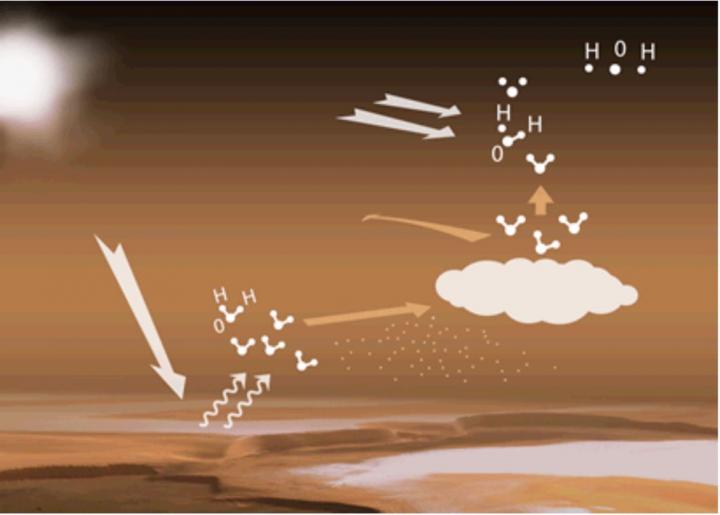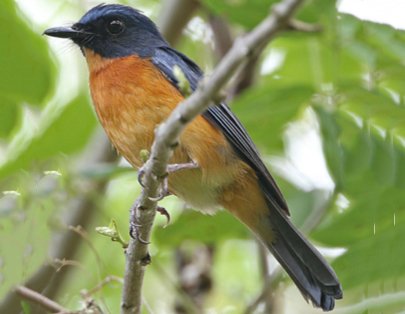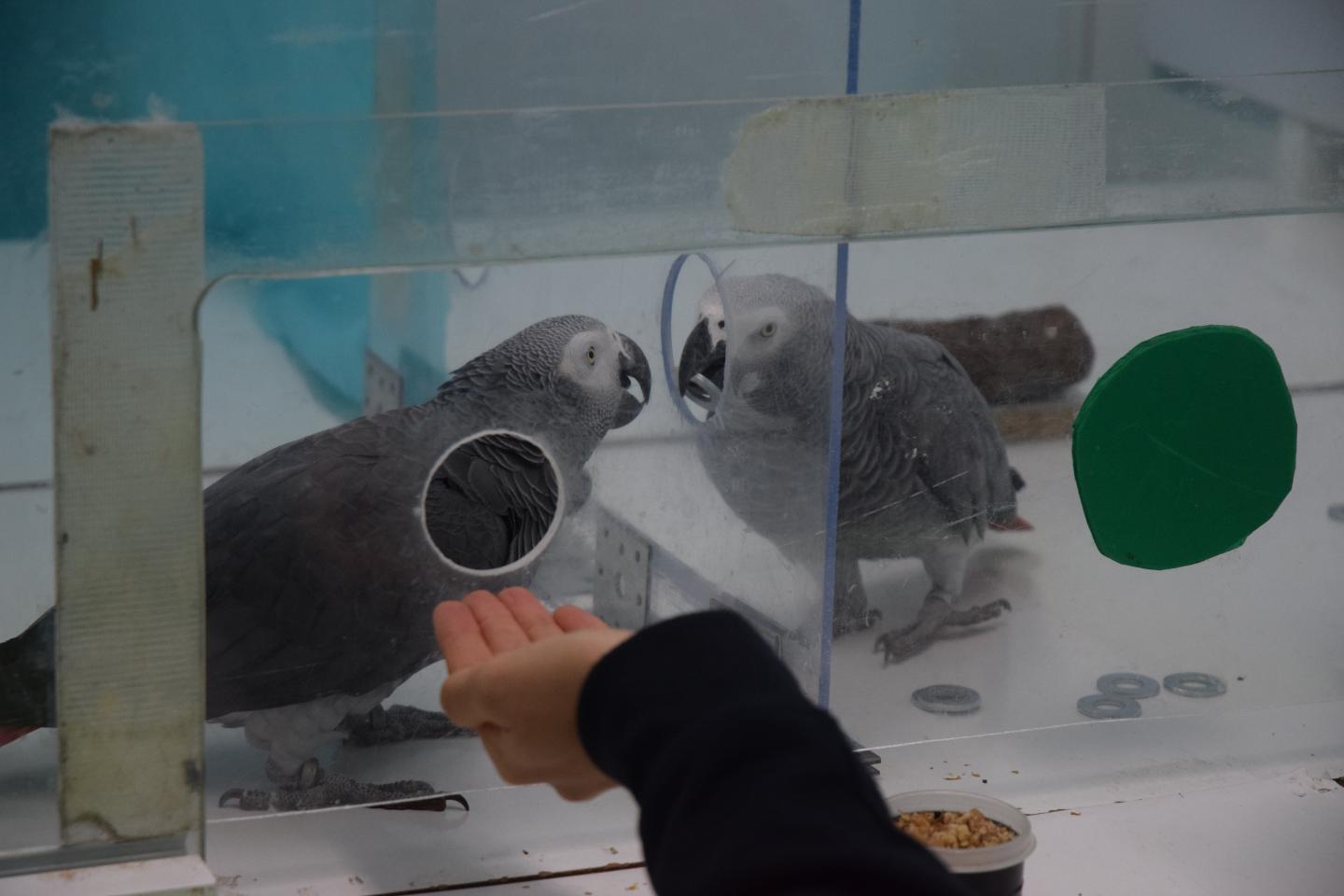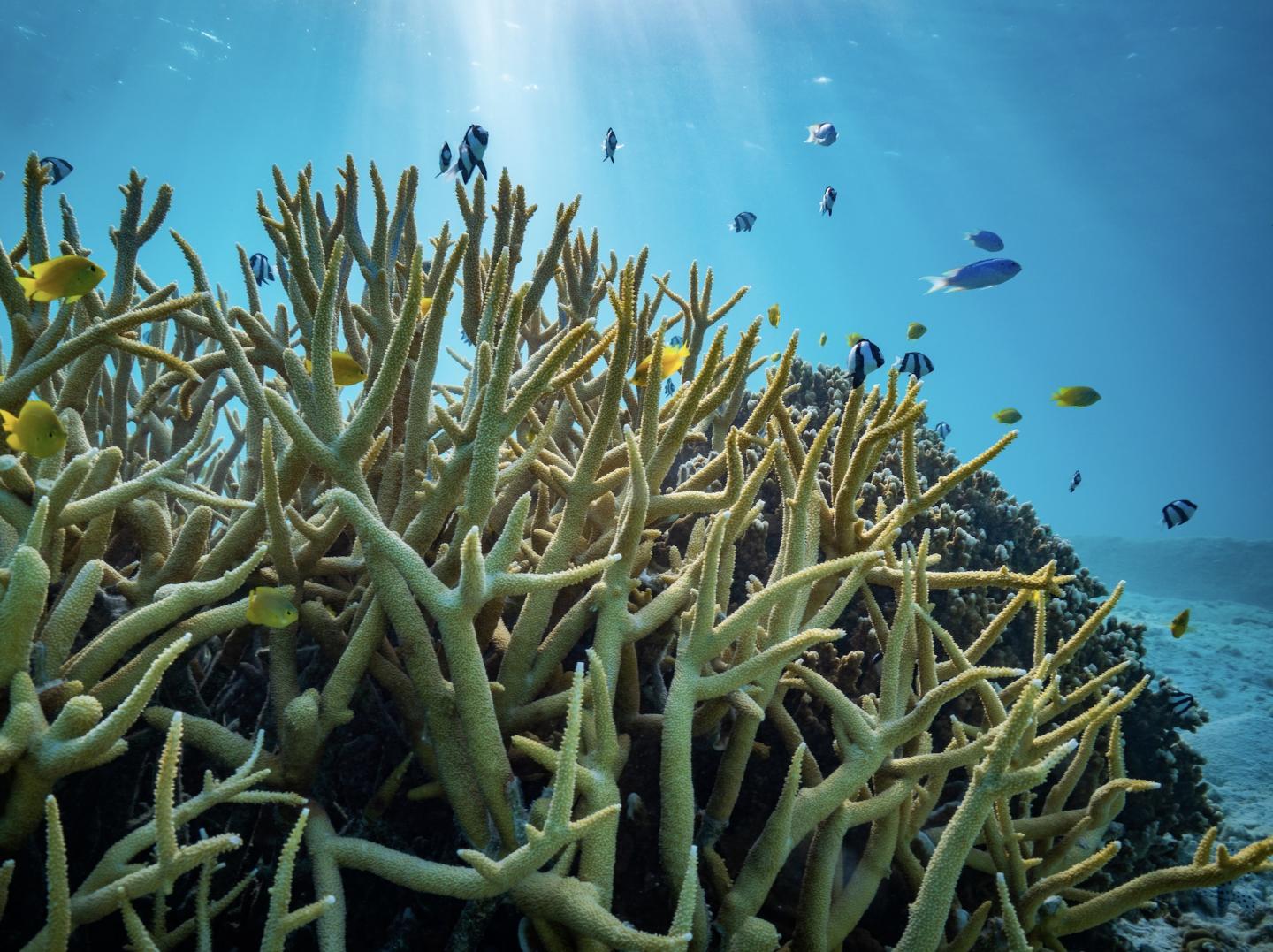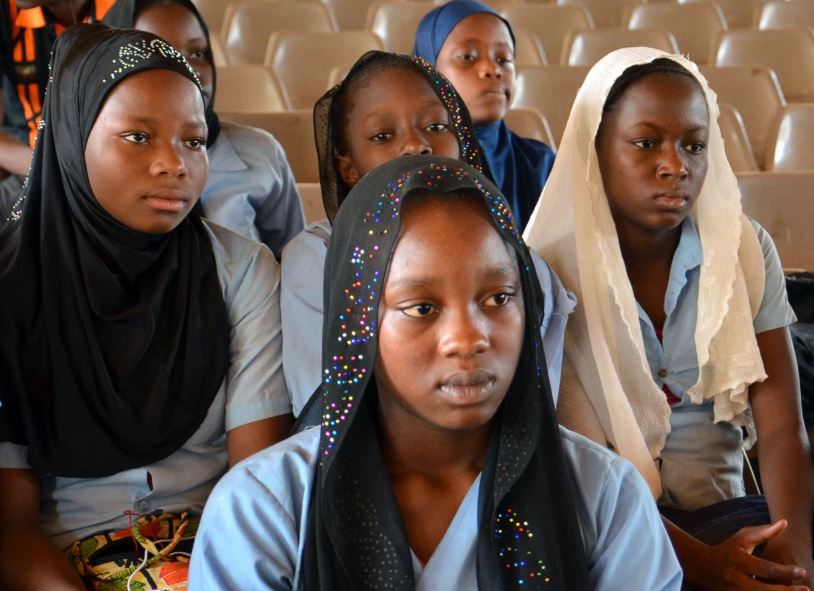Puzzle of early Neolithic house orientations finally solved
Human behaviour is influenced by many things, most of which remain unconscious to us. One of these is a phenomenon known among perception psychologists as “pseudo-neglect”. This refers to the observation that healthy people prefer their left visual field to their right and therefore devide a line regularly left of centre. A study published on … Read more

